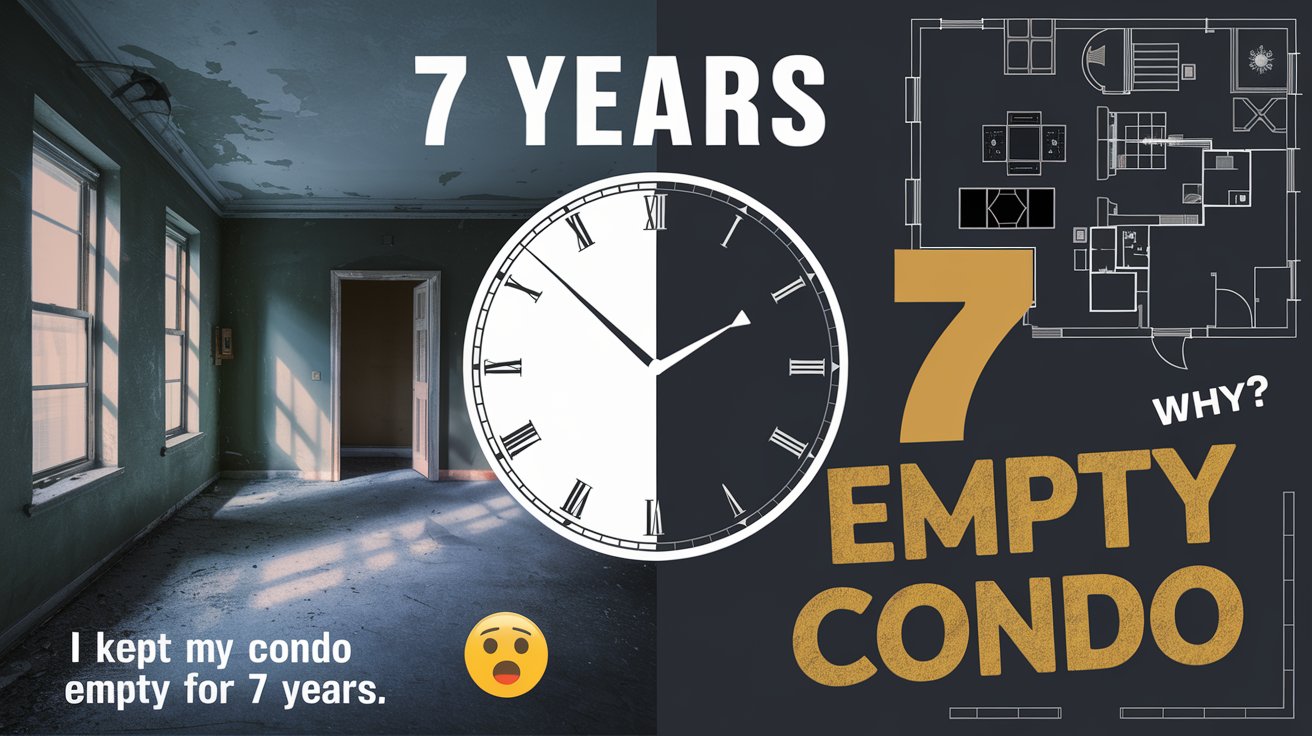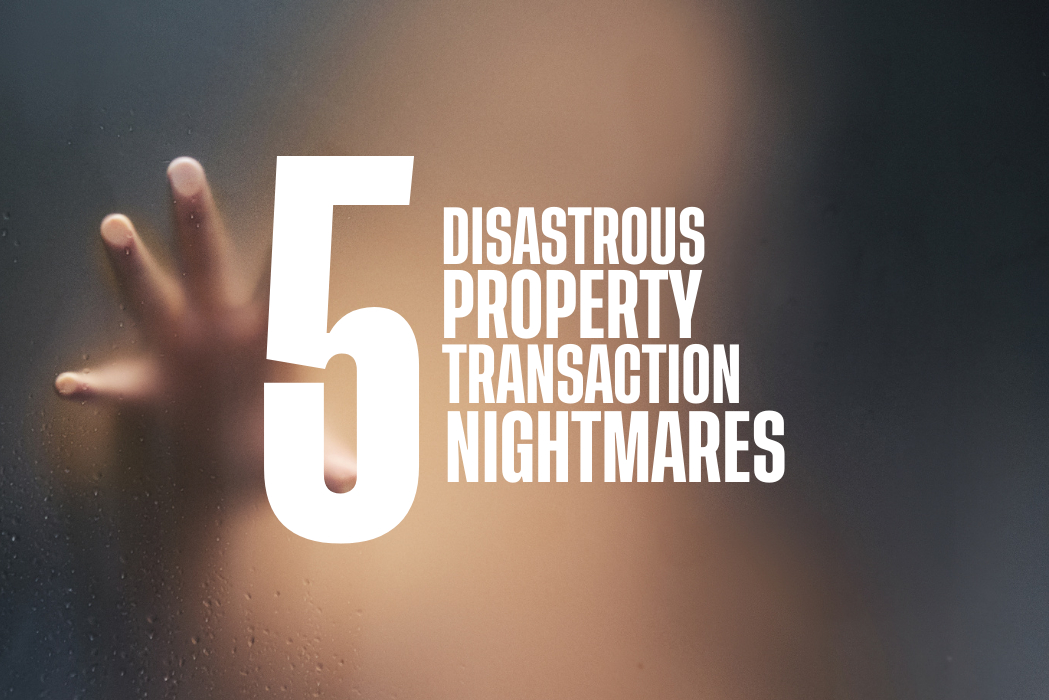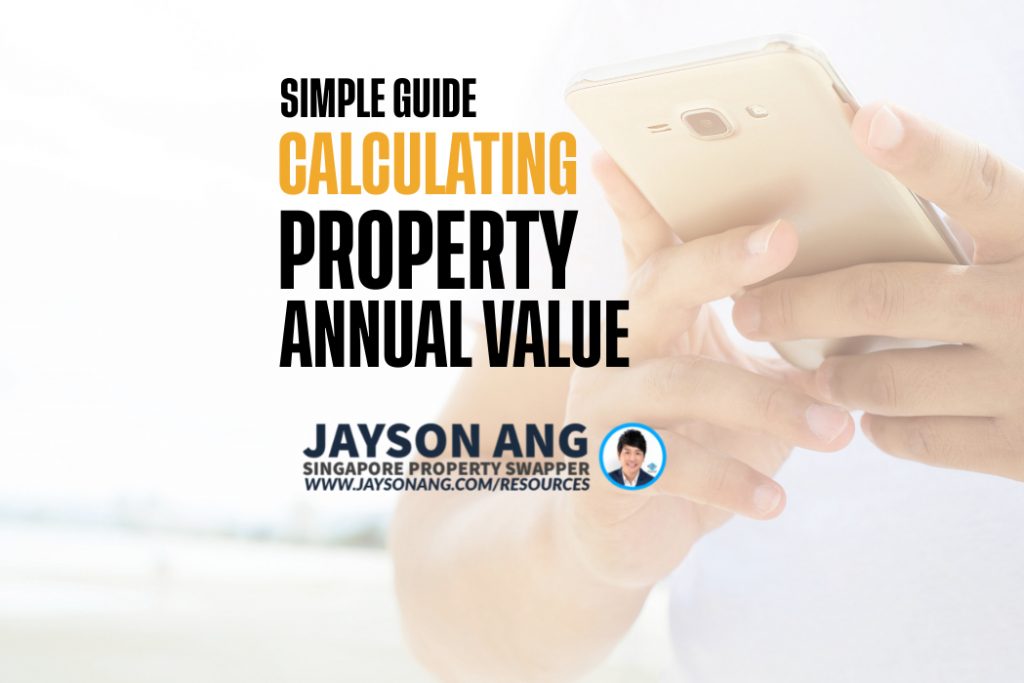TLDR
In today’s global workforce, many Singaporeans find themselves working abroad, raising questions about the management of their local properties. Whether it’s seeking special authorization to rent out HDB flats before the Minimum Occupation Period, keeping condos unoccupied for legacy reasons, managing rentals from afar, or offering property to family temporarily, each scenario reflects diverse strategies and personal priorities. These experiences emphasize the complexities of maintaining a home while living overseas and provide insights into the balance between financial gains and personal values.
The workforce is becoming increasingly global, and due to our high levels of education and competitive edge, Singaporeans are in high demand. As a result, many of us find ourselves working overseas for periods ranging from months to years. But what happens to the HDB flats or condos of these Singaporeans while they are away? Renting isn’t always the solution. We reached out to several Singaporeans living abroad to learn about their experiences with their homes:
1. Request for special authorization to lease the apartment prior to the Minimum Occupation Period (MOP)
Jane is a business developer who briefly secured a job in the US. A few months later, her spouse joined her and also found employment in the same city. However, a complication arose when Jane received her job offer between the successful ballot and the actual collection of the keys.
“We reached out to explain that we were both in the first year of our new positions and that we didn’t plan to stay in the US for an extended period. My employer provided a letter confirming that I would be returning to Singapore at the end of my current project, which is set to conclude in less than three years.”
Given the limited timeframe, it wasn’t practical for Jane or her husband to give up their flat, yet it meant they wouldn’t be residing in it for those three years. Jane shares:
“I have a cousin involved in the property industry who helped us draft an appeal and guided us on the necessary steps. I was quite surprised when we received permission to rent out the flat during that time.”
Despite this, Jane chose not to spend the rental income and instead opted to contribute to her CPF. She viewed this as effectively using the rental earnings to cover her flat loan. However, the experience wasn’t entirely hassle-free:
“We were fortunate to have my cousin assist with tenant management and related issues. There were definitely some challenges; one tenant damaged the cooker, and another received complaints from neighbors for smoking and making noise while playing cards late at night. Without someone local to help, I wouldn’t have pursued this option, as dealing with such matters from afar would be too challenging.”
2. Keeping a condo unit of over 1,400 square feet unoccupied for nearly seven years
One of our readers, who prefers to go by Jim, shares that his family moved back into their condo in the Changi area in 2023 after relocating to Melbourne in 2016 for his daughter’s studies.
Jim mentions that several people have commented on how it seems like “wasting money” to leave the unit unoccupied, but there were reasons for their decision:
“My late father-in-law was a co-owner of the unit, and my wife views it as part of his legacy. We couldn’t have purchased it without his assistance. Thus, we felt uneasy about the prospect of complete strangers living there, especially since we have many cherished family items, such as commissioned portraits and my late in-law’s watch collection. It wouldn’t have been practical to take everything with us.”
He also has spiritual beliefs regarding this matter, as the family feels that allowing strangers to inhabit the home—particularly for an extended period—diminishes its aura and sense of belonging.
Occasionally, Jim notes that the family would return to Singapore for one or two weeks:
“We appreciated having the option to stay in our second home whenever we wanted, rather than relying on hotels or staying with others. I don’t believe that every house should be viewed solely as an investment or a means to accumulate wealth. We should embrace the notion of seeing a home simply as a place to live. This perspective could also contribute to making housing and rentals more affordable for everyone.”
3. Vacating a condominium unit to transfer to a master tenant
Tom is currently residing with his parents in London, while their four-bedroom condominium in Singapore is being leased out. Although the unit belongs to his parents, Tom oversees its rental and maintenance, which he has found quite challenging.
“The first few times I traveled to Singapore, I met with the property agent and screened potential tenants. Additionally, I made biannual visits to inspect the condition of the property. However, this was becoming too intrusive to my routine, and flying down solely for these matters was costly.”
Eventually, Tom discovered a solution through one of his more reliable tenants:
“She’s a Malaysian woman who operates a local bakery, and she’s exceptional: during one of my visits, she showed me how she had repainted the grouting in the bathroom tiles. She even replaced the curtains because they had faded, and she carefully stored the old ones. Moreover, she consistently ensured that all the switches were turned off, often waiting to be the last to leave since others frequently overlooked this.”
Tom suspects that her age and experience as a small business owner contribute to her natural ability to maintain order. Following his realtor’s recommendation, he arranged for her to become the master tenant.
As a result, the other tenants now sublet from her while she pays rent directly to Tom (this setup is legal for private properties but not for HDB flats).
Tom is quite pleased with this arrangement, as she manages most daily interactions with the other tenants, including approving new residents. This also simplifies Tom’s responsibilities, allowing him to collect rent from her directly without needing to monitor or follow up with each subtenant.
4. Temporary housing arrangements for children upon their marriage
Peter and his wife are currently residing in Hong Kong, where his wife’s family operates a trading business. When they left right after the Covid pandemic, they learned that rental prices were at a record high. Although they were advised to rent out their three-bedroom condominium in Paya Lebar, the couple opted to forgo the rental income for the benefit of their children.
“My son just got married and he and his wife have secured a flat, but they will have to wait a few years for it to be completed. In the meantime, with rental prices so steep, it would consume almost half of their monthly salary. I’m also not keen on having tenants because our furniture and belongings are still in the condo, and we have no other place to store them; I want to avoid any potential damage.
The most sensible option is to let our kids use the condo since no one will take better care of it than they will. This way, they can save money for when they eventually move in and need to renovate. In exchange, my son is currently covering the maintenance costs for the unit.”
Peter also mentions that it’s quite possible they will sell the condo after their children move out:
“I’ll likely sell it to purchase a resale flat closer to them, perhaps once we have grandchildren. The proceeds will go toward my business and retirement; I have no interest in a larger home. It’s just my wife and me, so we don’t require a big space.”
5. An educational resource designed for kids
Ben currently lives in Jakarta with his Indonesian wife. He has a three-bedroom condo in Singapore, which he describes as being “near Newton,” that he is renting out. Interestingly, the tenant is his own son, who recently turned 25 and just started working this year.
Ben mentions that he charges him “below the market rate” for the condo and that his son has the freedom to sublet it if he wishes:
“If he can find tenants on his own, or if he decides to hire an agent, that’s entirely up to him. If he chooses to do nothing and cover all the costs himself, that’s also his decision to face the challenge. I’m hopeful that he acquires some valuable life skills by working and paying for his living expenses, as he has been somewhat protected throughout his upbringing.”
Another motivation for Ben’s decision is his intention to eventually pass on his properties to his son. He believes that gaining early experience in managing rental properties will help his son avoid costly mistakes in the future.
While Ben does not have specific plans for when he will return from Jakarta, he notes that if his son decides to move out, he will likely relocate back to Singapore to occupy the condo himself.
Should You Buy, Sell or Wait?
If you’re reading this, you must be trying to figure out the best course of action right now: is it the right time to buy or sell?
It’s difficult to give an exact answer since everyone’s situation is unique and what works for one person may not necessarily work for you.
I can bring you a wealth of on-the-ground experience and a data-driven approach to provide clarity and direction. From beginners to experienced investors, our top-down, objective approach will help you on your real estate journey.
I can help you by:
- Offering Strategic Real Estate Advice – I can help create a comprehensive plan to guide you through your property journey.
- Connecting Your Home with the Perfect Buyers – Through stunning visuals, an effective communication strategy, and an in-depth knowledge of the market, we’ll ensure your home is presented in the best possible way to fulfill your goals.
You May Also Like …





















































































